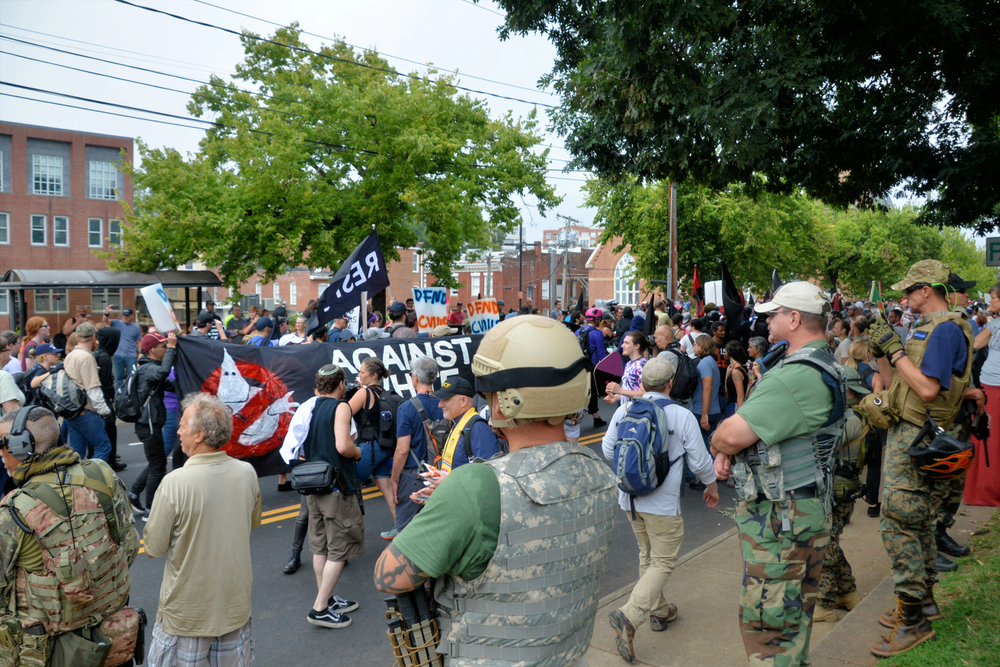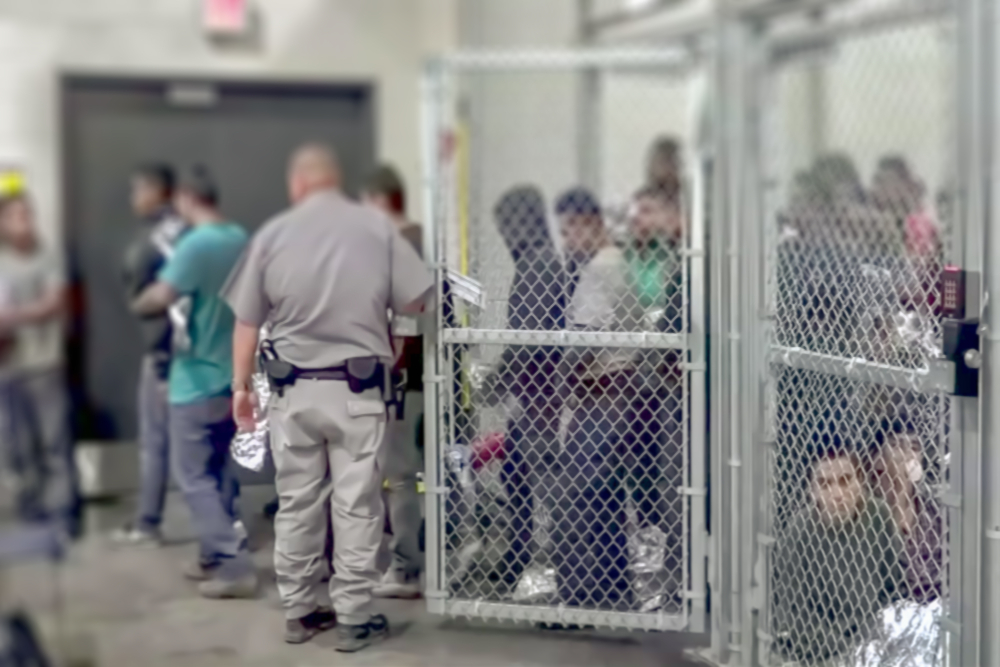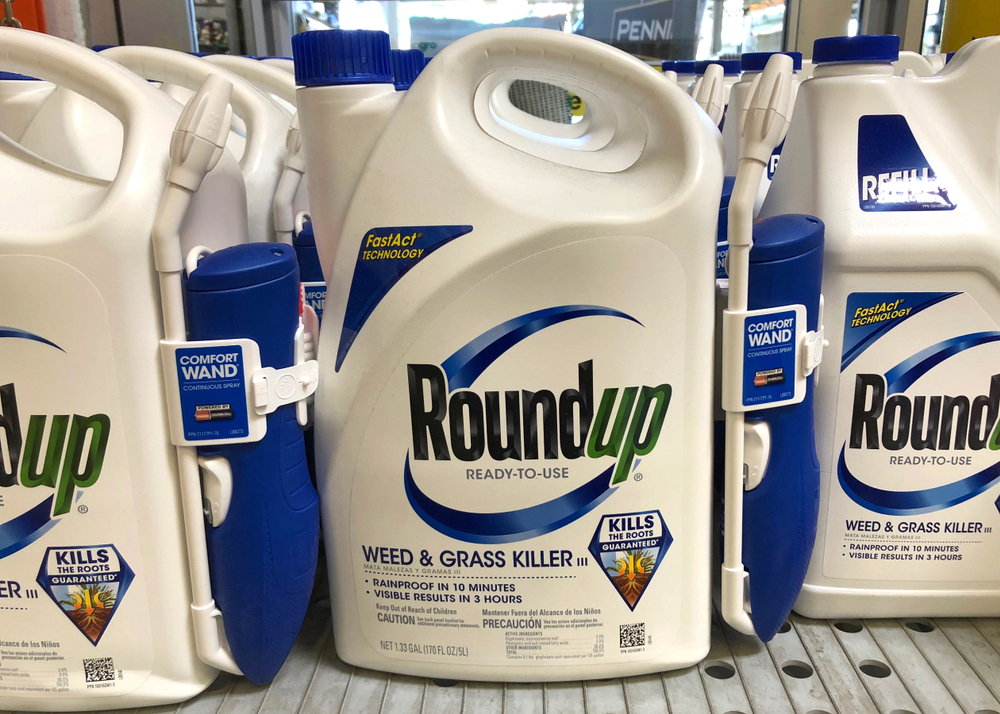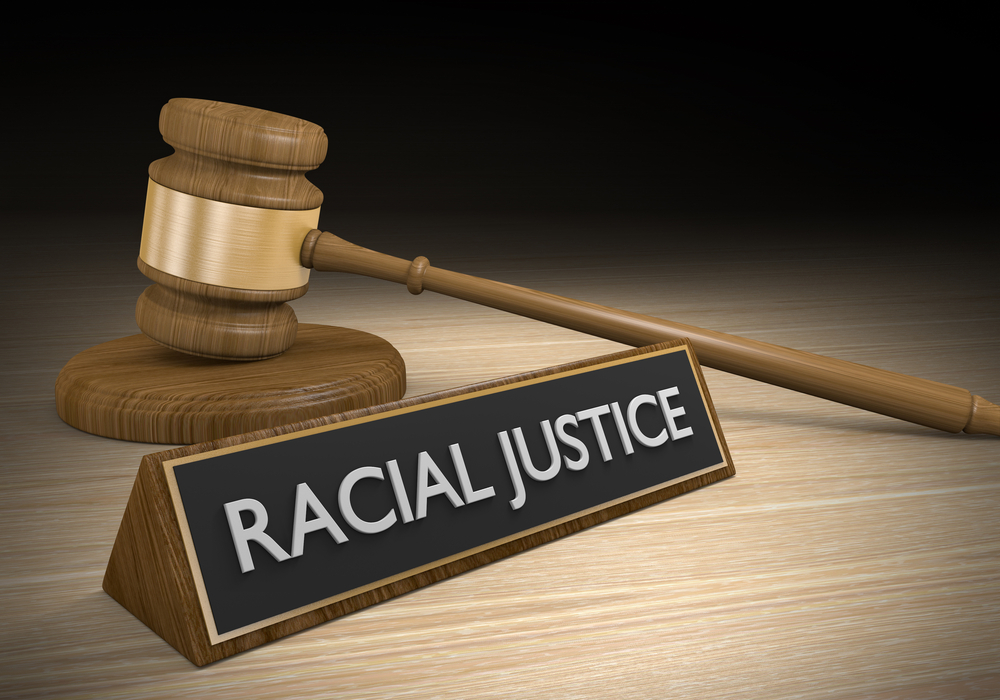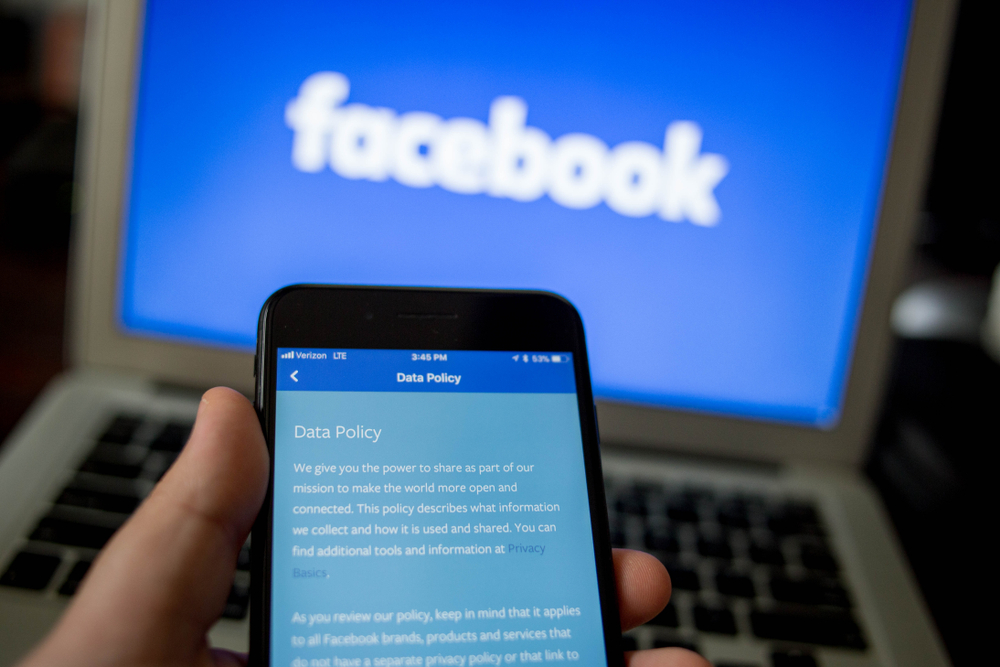Georgetown Law has created fact sheets for all 50 states ahead of the November election to explain the laws barring unauthorized private militia groups from putting themselves in positions of power. The sheets also advise on what to do if groups of armed individuals show up near a polling place or at a voter registration drive.
The university’s Institute for Constitutional Advocacy and Protection prepared the fact sheets to provide key information on what state laws prohibit private militias and paramilitary activity, the difference between a lawful and unlawful militia and what to do if someone sees armed individuals near their polling place.
The institute was prompted to produce the fact sheets after seeing some sort of private militia activity in nearly every state, said Mary McCord, Legal Director of ICAP and a former acting assistant attorney general for national security at the Department of Justice.
RELATED: Down to the wire and beyond: Floridians fight for the right to vote
RELATED: Coronavirus leads to outbreak in voting litigation
Protests over the summer over racial injustice or COVID-19 restrictions included armed protesters and counter protesters.
The left-leaning think tank Political Research Associates has created a map showing where paramilitary groups have shown up over the summer.
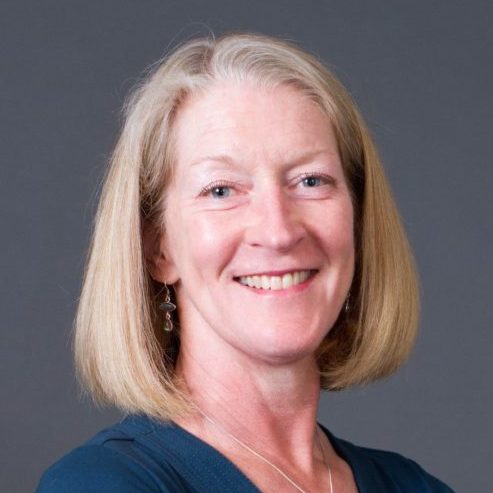
“Although most people may not remember, if they ever knew, far-right paramilitaries did turn up at previous rounds of protests over police violence,” the report says. “For example, during the second wave of Ferguson protests, after a grand jury declined to indict the officer who killed Michael Brown, members of the paramilitary group the Oathkeepers patrolled rooftops claiming to be there to protect people and property. The heavily armed militia — which reports drawing its membership primarily from military veterans, police officers, and other first responder s— was greeted with mixed reactions by protesters.”
But the law says such groups have no right to represent themselves in that way.
“Some of the big hot spots have been Oregon, Washington, Idaho, but we’ve heard of this activity taking place in just about every state,” said McCord during a recent Zoom conference with journalists. “I have been in contact with both concerned residents and elected officials who are trying to determine how to best address this” coming up to and including election day.
There have even been discussions in small towns about what they are seeing and awareness is spreading, which is a good thing, she said.
“Local officials, law enforcement, and voters need to know that groups of armed individuals have no legal authority under federal or state law to show up at voting locations claiming to protect or patrol the polls,” McCord said. “Given the increasing self-deployment of private unlawful militias during protests against racial injustice across the country, intimidating peaceful protesters and heightening the risk of violence — sometimes with tragic results — communities must prepare for similar unlawful private militia activity and intimidation in connection with the election.”
Already, election officials are scrambling to protect polling places, according to the New York Times.
“The day after the presidential debate, the phones began to ring at the clerk’s office in Ada County, Idaho, with a handful of residents worried about their safety at the polls,” the article says. “Election officials hastily added training for poll workers on what to do if someone shows up armed.”
Law officers in Orange County, CA have received pocket cards containing criminal codes protecting voters from disruption. Election officials have been trained to monitor police radios for any polling place issues.
As early voting gears up, election experts told the Times President Donald Trump’s recent statements, “emboldened extremist groups and the coronavirus pandemic have combined to create a tension around casting ballots not seen since the Jim Crow era,” back when civil rights activists had to pry open southern polling places.
“In a dozen battleground states, the NAACP has thousands of volunteers preparing to monitor voting lines, all to encourage anyone facing harassment to stay in line and to aggressively use social media to amplify their reports. Another group is taking the unusual step of training volunteers to physically block intimidators,” according to the Times article.
According to Georgetown Law, while the U.S. Constitution and some state laws use the term “militia” to refer to able-bodied citizens who may be called upon by state and local governments for a specific need, private citizens have no legal authority to put themselves in a position of power without being called upon by the government to do so.
“Even in a state that has only constitutional provisions but no criminal statutes, it still means the activities are unlawful,” McCord said. “Every state has provisions for the governor or designee to be commander in chief, responsible for the national guard and to call on militia.”
This is no different in open-carry states, she said.
“That ability to open carry doesn’t supersede the prohibitions on paramilitary,’’ she said. “An individual has the right to bear arms, but is he carrying his weapon in a way that could be intimidating to voters? Oftentimes intimidation is not defined in the statute, but those that exist establish brandishing or displaying a weapon in a way that could be viewed as intimidating” to be unlawful.
Determining whether someone is a lone actor or working in connection with a larger group requires evidence, she said.
“It might exist in social media or pre-planning conversations. So, even if only one showed up, if there is evidence he is part of an organized force … he’d still potentially be in violation of the law.”
McCord said there are 10 national law firms at the ready to handle complaints or file court orders.
“Private attorneys do play a role.”
The Institute, as a public interest law group, sued a number of militia organizations that participated in the 2017 Unite the Right rally in Charlottesville, VA, she said. “We represented local businesses and neighborhood associations” successfully banning those groups from coming back for any future rallies.
Georgetown’s fact sheets explain that the Second Amendment does not protect private militia activity. It points to decisions from the U.S. Supreme Court in 1886 and 2008 that make it clear the Second Amendment “does not prevent the prohibition of private paramilitary organizations.”
Every state, according to the Georgetown research, prohibits private, unauthorized groups from engaging in law enforcement or activities reserved for the state militia. It recommends reporting observations to the Election Protection helpline at 866-687-8683. ICAP is coordinating its efforts with the helpline.

